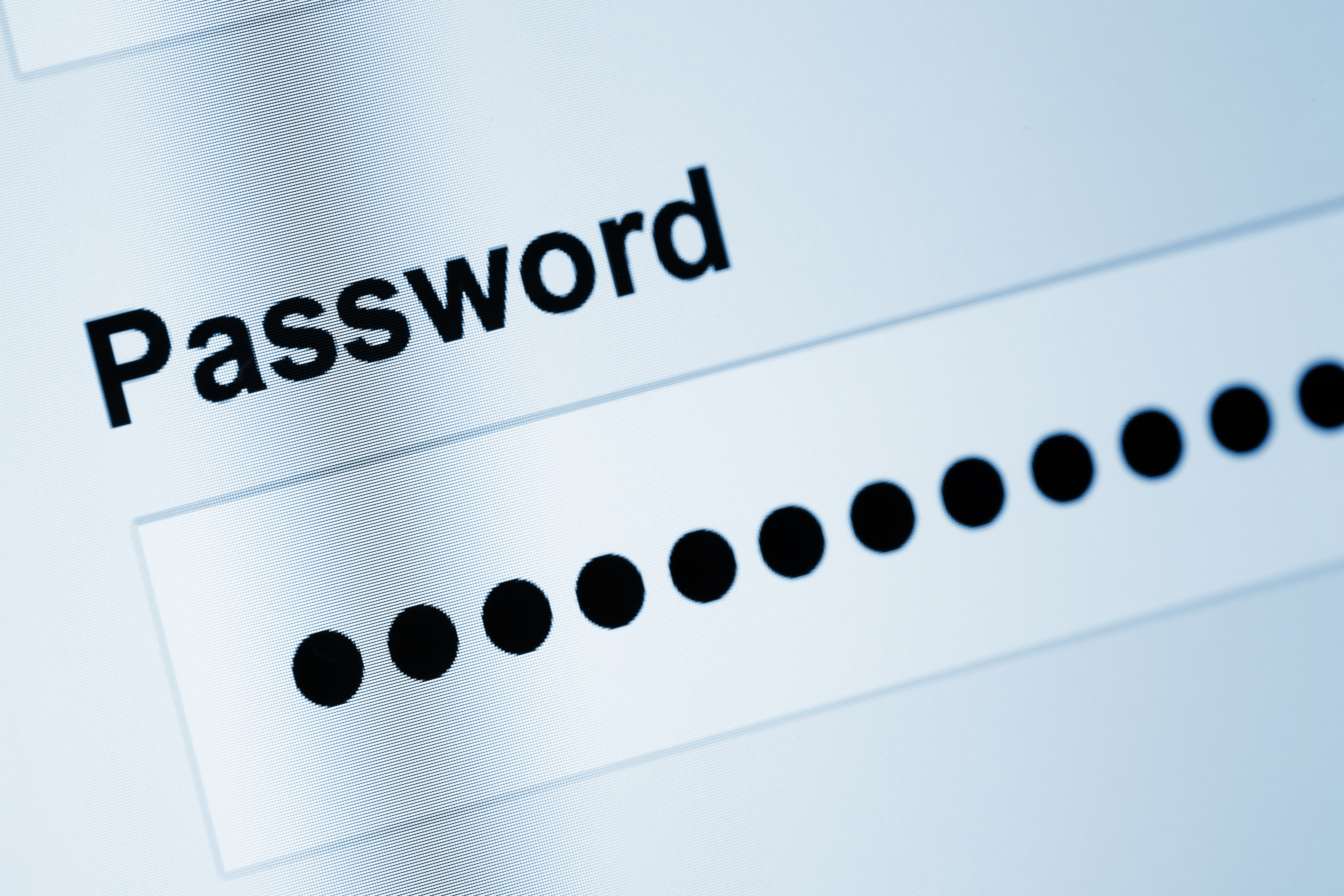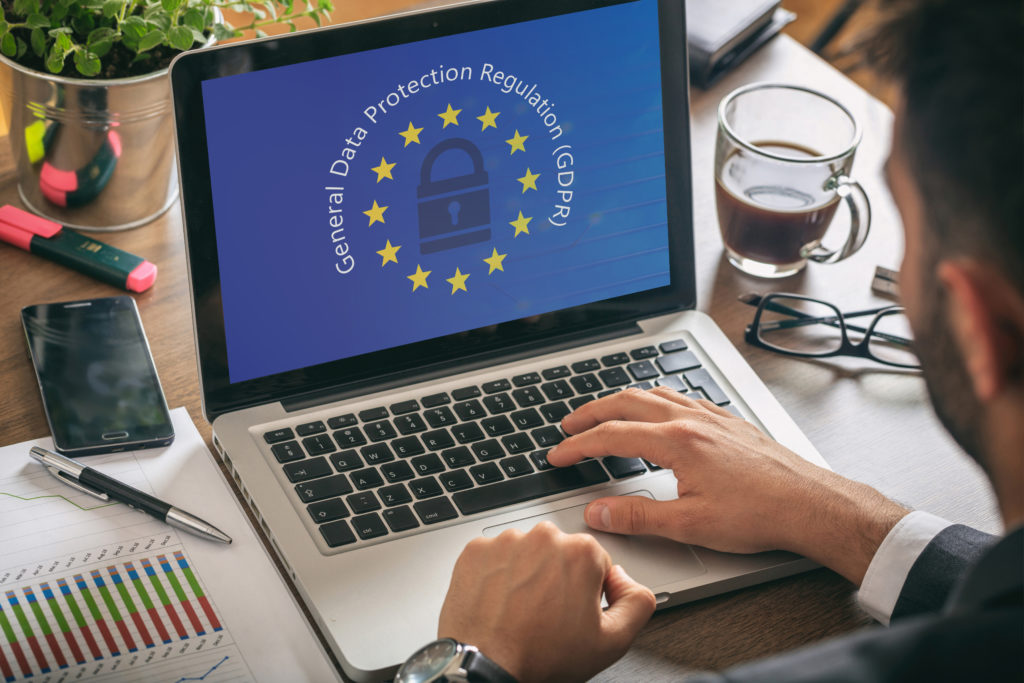The past year has seen people focus more on leveraging their existing skills, knowledge, and hobbies to start businesses. As a result, countries like the US saw a record increase in new businesses during the pandemic. One industry that proved to be the most profitable was e-commerce. According to Digital Commerce 360, online retail is estimated to account for 21.3% of the total US retail sales in 2020. The increase in online retail made it an attractive venture for entrepreneurs.
While starting a new e-commerce business is exciting it is easy to get overwhelmed with everything needed for a successful launch. One area that can be often overlooked is the security of your e-commerce website. In this article, we will be describing the threats to your business as well as ways to secure your website.
Why E-Commerce Security is Needed
Security is one of if not the most important features of your E-commerce business. Customers are trusting that your business will securely handle some of their most sensitive data (payment information, email addresses, usernames, etc.). Cybercriminals are constantly looking for sensitive data to sell and unsecure e-commerce websites are a treasure-trove for them. Along with the moral responsibility of protecting customer data, your business may be bound by legal and regulatory requirements. Improperly securing your site might result in hefty fines and penalties.
Cyber Threats to Your E-Commerce Site

Cyber threats can emerge from almost anywhere. Below are some of the most common threats to your E-Commerce Site.
SQL Injection
Structured Query Language (SQL) Injections are one of the most common threats to your E-Commerce site. SQL is a coding language commonly used for databases. Cybercriminals can input SQL queries in your website in hopes to manipulate data, read sensitive data, and execute administrative operations on your database. This can result in things like changing balances, adding an administrative user to your database, viewing stored customer information.
Denial of Service Attacks
Denial of Service (DoS) and Distributed-Denial of Service (DDoS) are attacks where cyber criminals attempt to make your site unavailable by sending it more traffic than it can handle. While these attacks are primarily used to interrupt service, they can often be used as a smokescreen to distract from other cyber-attacks that are going on at the same time.
Malware
Malware is another common cyber threat that your E-commerce website. Viruses, ransomware, etc. can all be used to steal customer data and take over your website.
Ways to Secure Your E-Commerce Site
While these threats may seem daunting there are steps you can take to protect your website.
Choose a Secure E-Commerce Platform

When starting your E-Commerce business, it is important to choose the correct platform. While many different vendors offer E-Commerce hosting, they may not offer the same amount of protection. Look for platforms that offer security options such as encrypted payment gateways, SSL certificates, PCI compliance, high uptime, etc.
Use HTTPS

HyperText Transfer Protocol Secure (HTTPS) is an internet protocol that allows for secure communication over the internet. You can often tell if a site is using HTTPS by the green or gray padlock icon in the address bar. Using HTTPS reassures customers that the commination they are having with your website is secure. Browsers such as Chrome will give a warning that the website is not secure if HTTPS is not being used.
To use HTTPS you will need to have a valid Secure Socket Layer (SSL) certificate first. Most E-Commerce website hosts provide SSL certificates as part of their service. While you can go with the SSL Certificate your hosting provider uses, it can be beneficial to shop around. There are several different types of SSL certificates that provide warranties in the event something goes wrong with their certificate encryption. Along with the added protection, using HTTPS can help your website a higher search ranking from search engines like Google.
Promote the Use of Strong Passwords

With the amounts of passwords, customers have to remember it is no surprise that they often reuse the same one for various sites. Even if your site is secure, customers with weak passwords could be your weakest link. To prevent this, require your customers to create strong complex passwords with a minimum length of 8 characters with a combination of uppercase, lowercase, numbers, and special characters.
Avoid Storing Sensitive Client Information

Protecting client information has become an important topic for many businesses. New regulations like the General Data Protection Regulation (GDPR) and the California Consumer Privacy Act (CCPA) have given consumers more control over their personal information. They have also put in place severe fines and penalties that could seriously impact violators. Because of this, you should be mindful of the data you collect from your clients. For sensitive information such as payment card information, you should use payment processing vendors like PayPal, Stripe, etc.
Patch Website and Plugin’s Regularly

Software developers regularly push out updates to fix vulnerabilities that arise. Cybercriminals can exploit the vulnerabilities in unpatched websites and plugins to gain access to client data, business information, and much more. Because of this, it is important to update your website and any plugins as they come out.
Utilize a Website Application Firewall

While your E-Commerce hosting provider may offer various security options, using a Website Application Firewall (WAF) can provide an added layer of security. A WAF will monitor your website for various malicious activities such as DoS, SQL injections, brute force attacks, etc. to block them.
Conclusion
Keep your E-Commerce website secure is one of the most important steps for any business owner. While it may seem daunting initially, securing your site can give a boost to your brand with customers knowing their information is safe when visiting your site.
If you would like to learn more about how we can help keep your business secure, feel free to reach out to us here.
References:
https://www.pcmag.com/news/how-to-secure-your-e-commerce-website-6-basic-steps






